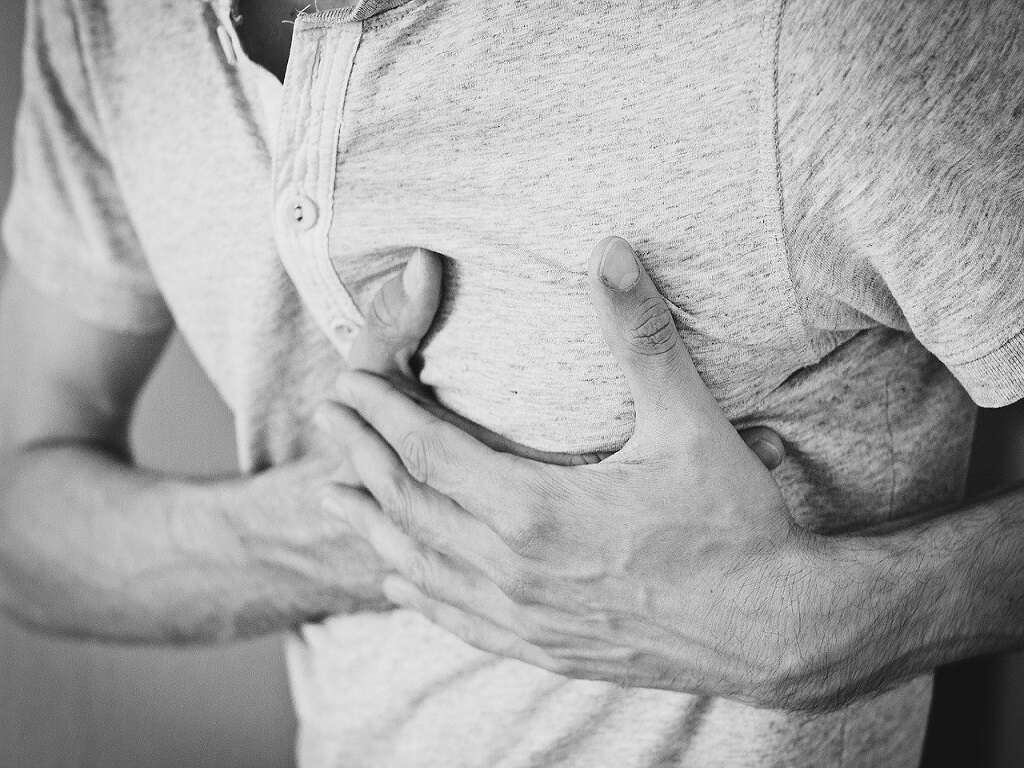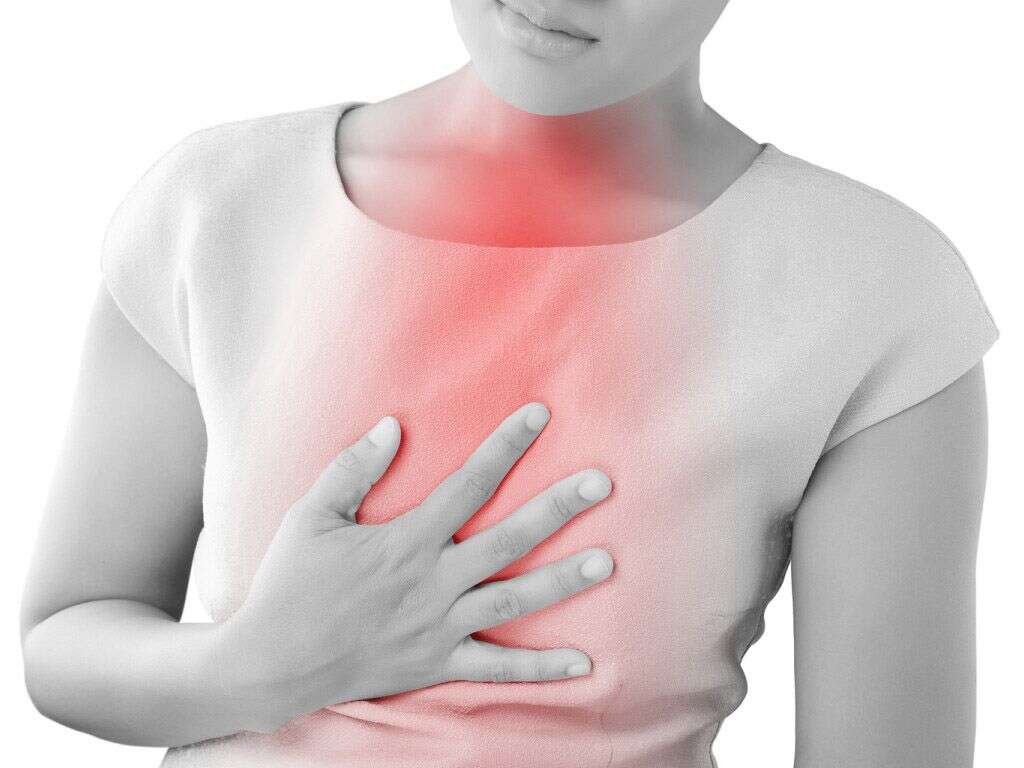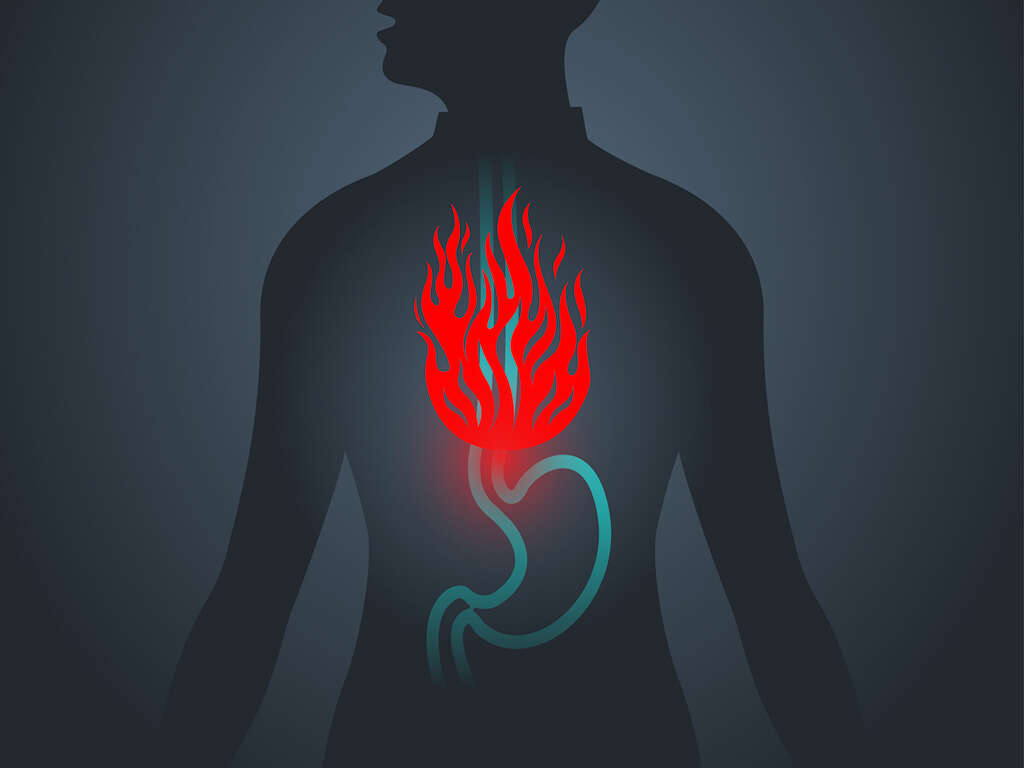10 Gastroesophageal Reflux Disease Symptoms
Gastroesophageal reflux disease, referred to as GERD or sometimes simply acid reflux or heartburn, is a condition in which the digestive juices in the stomach make contact with the esophagus. The lining of the stomach is coated with a thick mucus that prevents the digestive juices from burning or damaging the walls of the stomach. This acid is incredibly acidic, and if it comes into contact with other parts of our digestive tract like the esophagus, it can lead to a burning sensation. This is what’s going on when you’re experiencing heartburn.
The main difference between GERD and simple heartburn is that people without GERD tend to experience heartburn fairly rarely, while people with GERD tend to experience symptoms a couple times a week. GERD also encompasses people with severe acid reflux that occurs on almost a daily basis. One of the best ways to combat the problem is to identify what foods and situations lead to you experiencing heartburn.
There are over-the-counter medications that can help with symptoms of GERD. In very serious cases, people may need surgery or prescribed medications to help them manage the condition. If you’re wondering whether or not you’re suffering from GERD, then read this list of symptoms. It should be helpful for you to identify whether or not you’ve got the problem so you can decide whether or not you need to seek treatment.
Symptom #1: Burning Sensation in the Throat
The main symptom of GERD is heartburn, which leads to a sensation of burning in the throat. This occurs with the digestive juices that are normally kept in the stomach flow upwards and cause irritation and pain in the esophagus.
This symptom can usually be managed by carefully observing your diet and figuring out what foods that you’re eating are causing heartburn. Over-the-counter antacids can also be very useful in minimizing the discomfort associated with heartburn.
Symptom #2: Pain in the Chest
The esophagus is a fairly long tube that connects the mouth to the stomach. It certainly encompasses the throat, but it actually extends a bit further into the abdomen. For this reason, people may also experience a burning sensation in their chest when they are going through heartburn if the acid only reaches the bottom of the esophagus.
People who don’t know how long their esophagus is might not associate pain in the chest with heartburn, since most people attribute it to the throat.
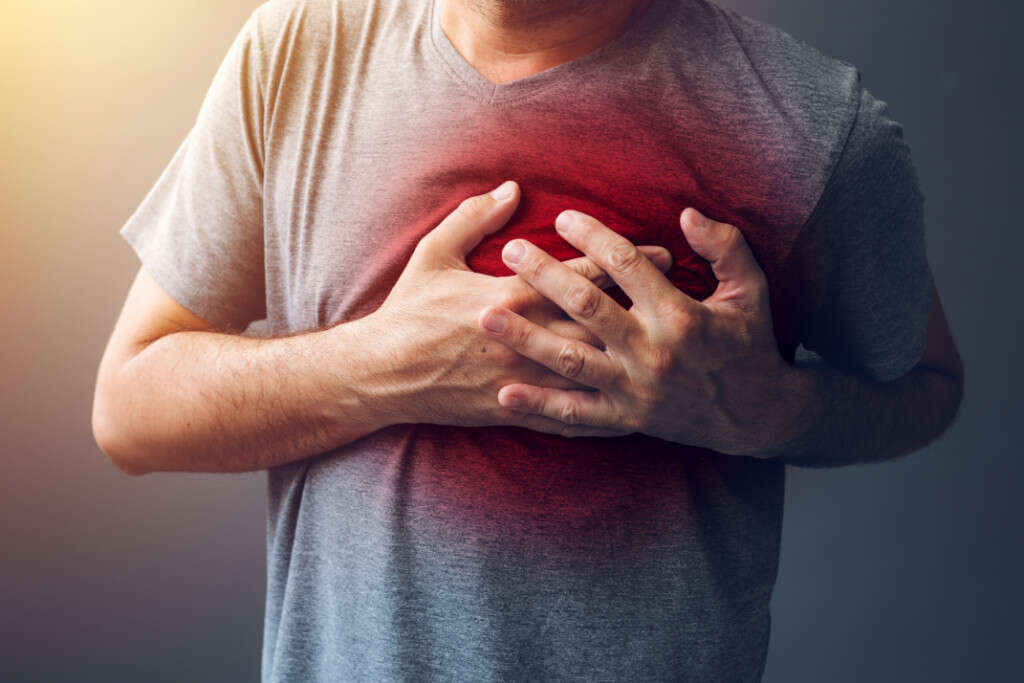
Symptom #3: Difficulty Swallowing
It can be hard for someone with GERD to swallow, especially when they are experiencing an attack of heartburn. Swallowing activates the esophagus, which is essentially a long tube of muscle that draws food from the mouth down into the stomach.
Swallowing causes these muscles to contract, which can be quite uncomfortable for someone who is experiencing burning in their esophagus. This can make it difficult or unpleasant to eat food for these people.
Symptom #4: Regurgitating Food
Regurgitation is a process that is fairly similar to vomiting, the main difference being that vomiting is generally an attempt of your body to purge what’s in your stomach and regurgitation is purging what is within the esophagus.
People with serious GERD can sometimes have a hard time keeping food down and may regurgitate it quickly after swallowing it. In some cases, food may not even make it all the way down the esophagus before being regurgitated.

Symptom #5: Regurgitating Sour Acid
Some people find that they regurgitate food when they’re eating it, but others find that they simply regurgitate stomach fluids. These fluids are very acidic and sour – many of us are familiar with the flavor if we have ever vomited on an empty stomach.
This acid is actually what’s responsible for heartburn in the first place, so vomiting it out can exacerbate the discomfort that you feel when you’re struggling with heartburn.
Symptom #6: A Lump in the Throat
Some people may feel like they are experience a lump in their throat when they are suffering from GERD. This sensation is similar to what people feel when they are trying to hold back tears, and usually isn’t an actual physical problem.
However, it can be uncomfortable and make it more difficult to swallow food.
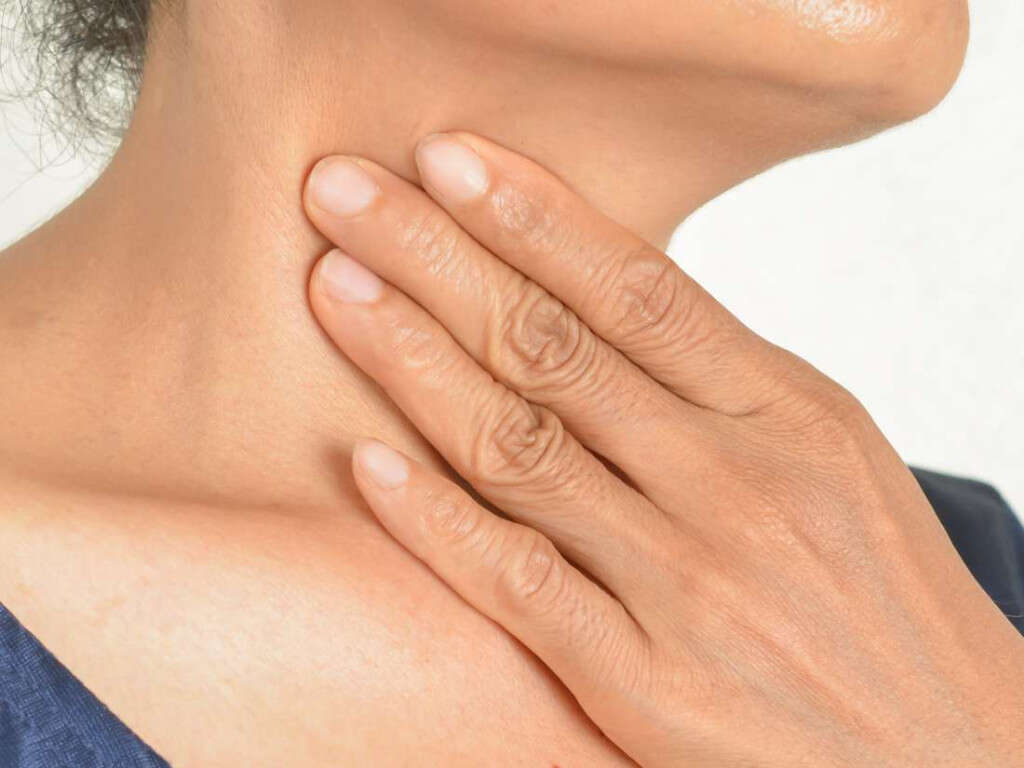
Symptom #7: Chronic Cough
If you experience GERD when you’re sleeping, then you might actually develop a chronic cough. This cough can keep you awake at night or continue to bother you during the day.
This is a response to the uncomfortable sensation of having a burning or tickling in your throat. You will cough in an attempt to get rid of this sensation. This is generally a sign that your GERD is chronic and should be addressed.
Symptom #8: Laryngitis
Laryngitis, or reflux laryngitis is a condition that’s marked by irritation. This is usually caused by acid, like in the case of acid reflux, but can also be a result of chemicals coming into contact with the esophagus.
Laryngitis generally only occurs if you experience acid reflux when you’re sleeping, and can become a chronic problem if you don’t manage your GERD.

Symptom #9: Asthma
People who already experience asthma may develop a worsening of symptoms if they suffer from chronic GERD, and people who don’t already have the condition may develop asthma.
This is because the consistent irritation in the back of the throat can influence a person’s respiratory system and cause them to cough quite a bit.
Symptom #10: Sleeping Problems
People with chronic GERD may experience problems sleeping. This is because the irritation from the acid can cause them to cough during the night or simply wake up as a result of being bothered by the physical symptoms.
If this is the case, then you might benefit by keeping some antacids near your bed so you can simply take one and return to sleep. Baking soda is by far the cheapest antacid that can be purchased at any grocery store and many dollar stores.



